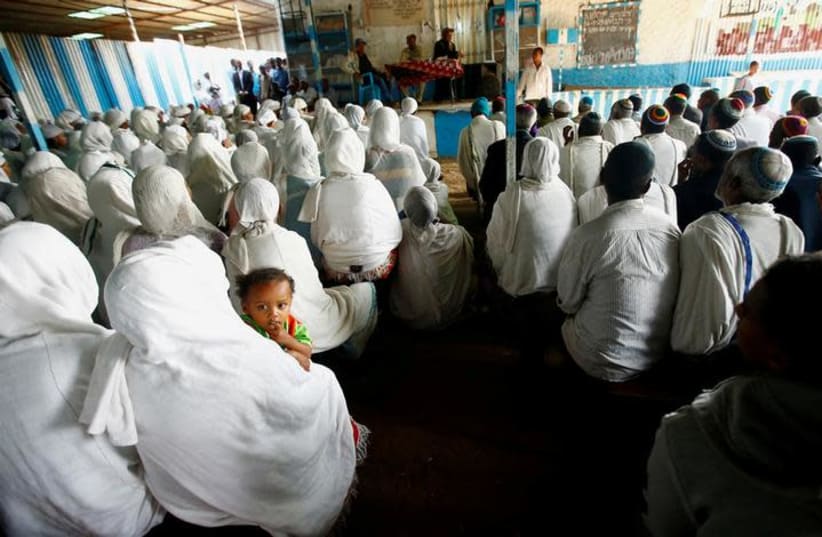Will a new plan to complete Falash Mura aliyah face obstacles? – analysis
So many plans and promises have been made on this issue that have not been fulfilled that the minister’s announcement has been met instead with skepticism that this could yet be another false dawn.
